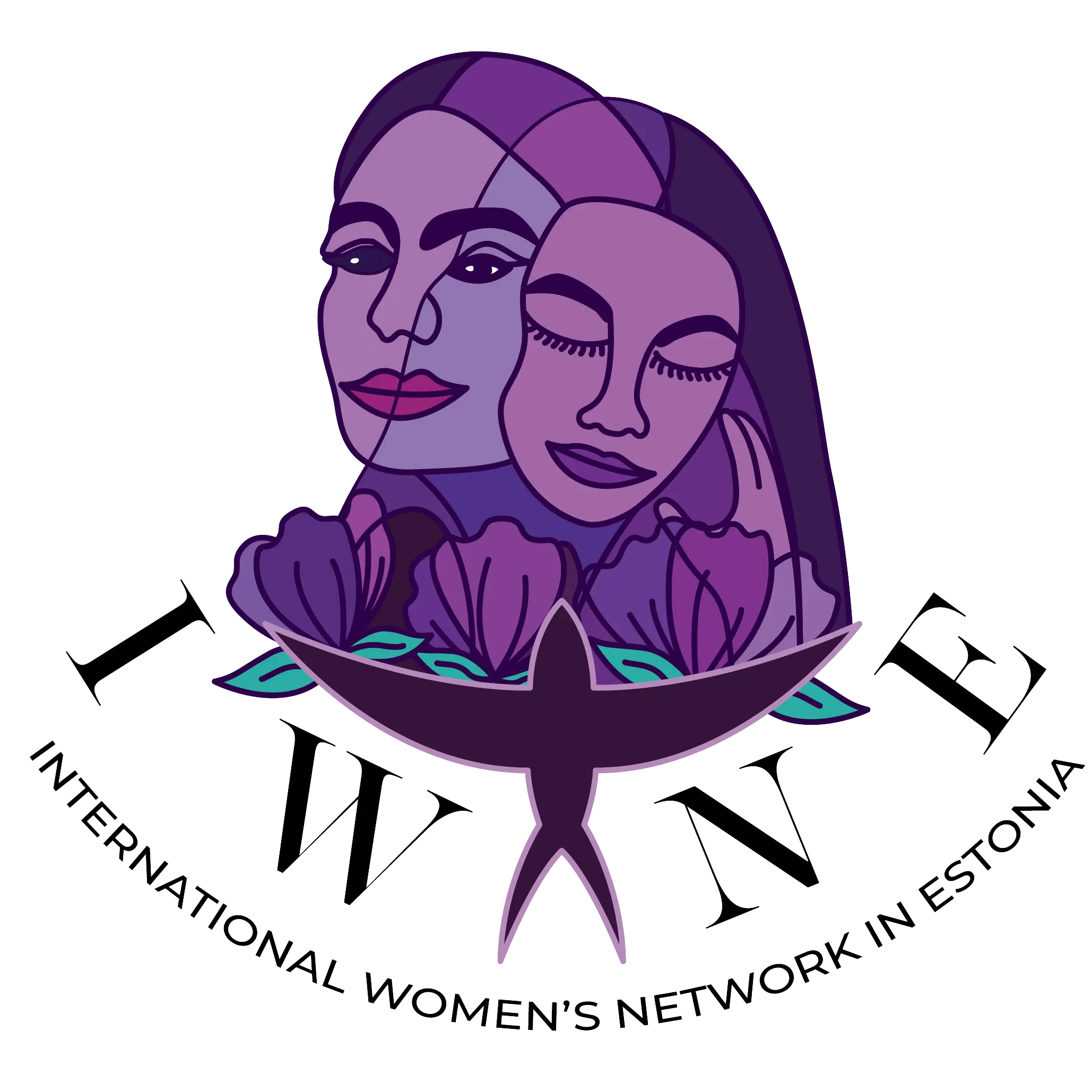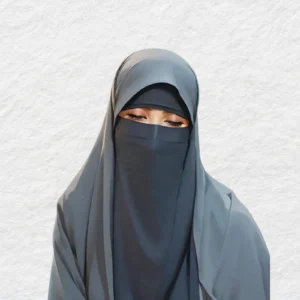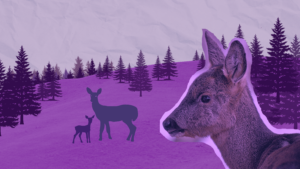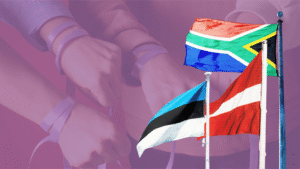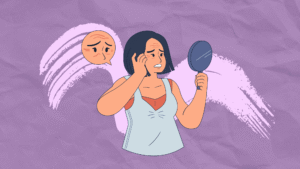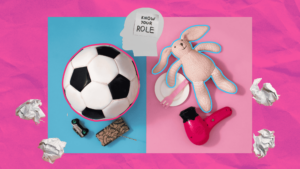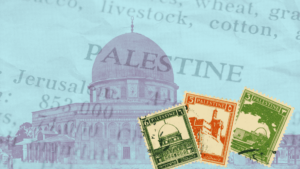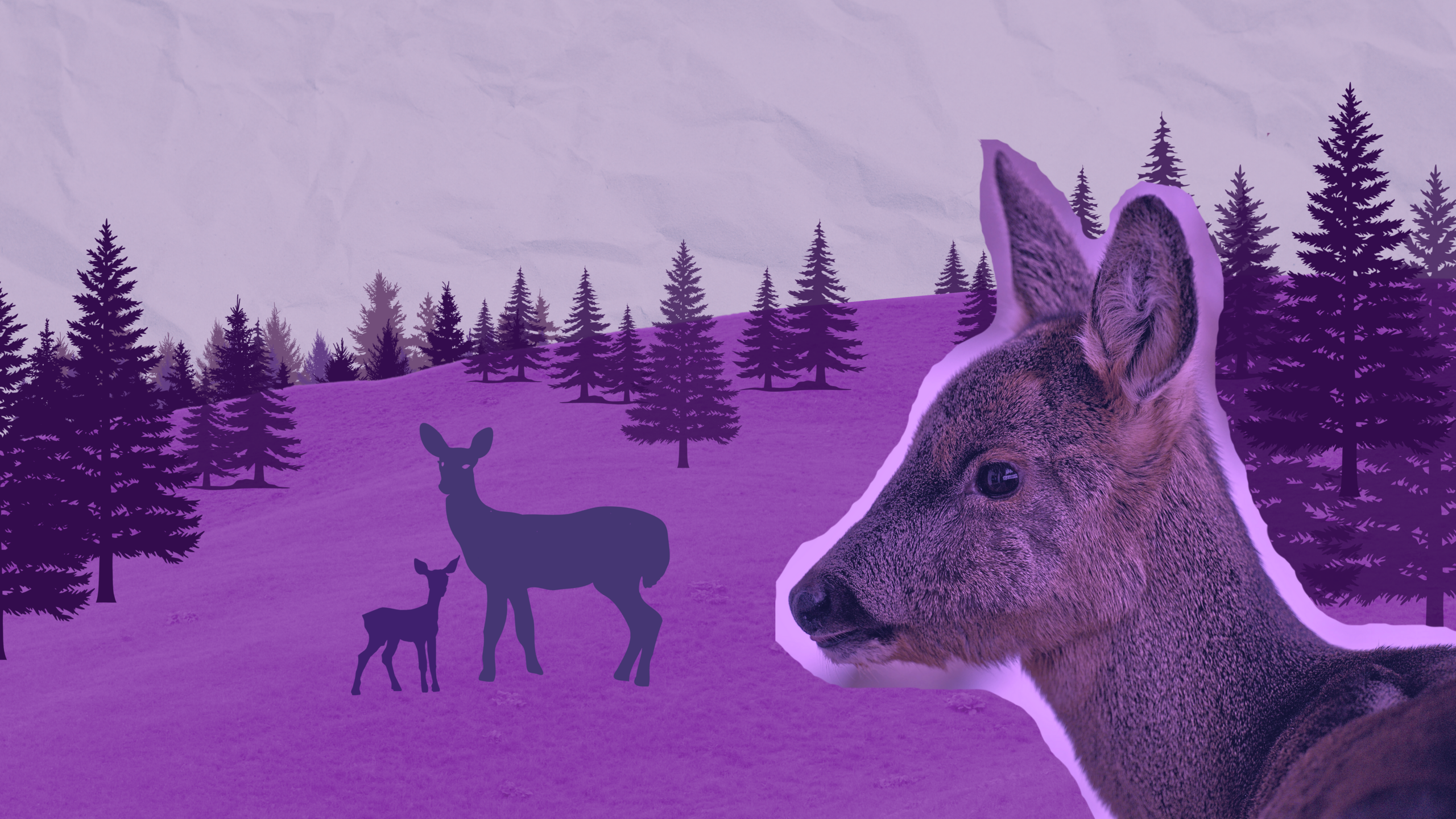Hi, my name is Natalie, and I am an instructor pilot with about 1500 hours of flying. Luckily, I have been fortunate enough to earn some leadership roles as well. I’m 36 years old and I have been flying for about 12 years.
– What inspired you to pursue this career as a pilot?
When I was a kid, I lived near the airport. I grew up with parents who told me I could do whatever I wanted to when I grew up. One of the things we did as a family was we would get sub-sandwiches and go watch the airplanes take off at that little airport near where I grew up. And, um, I just said: “I want to fly”. I wanted to fly when I grew up. And every birthday wish that I ever had was always that I wanted to fly. And, I think, I was probably 20 years old when I realized that “fly” meant that I had to become a pilot, not just sprout wings.
– What were some of the key challenges you faced during your training and early career?
Some of the challenges I faced were very standard, everyone faces them. Challenges such as air sickness. In fact, I got airsick on the very first airplane that I learned how to fly, which was a DA 20. It’s a very small prop airplane. It’s very light. I remember someone who I considered a friend, (but this was a rude thing to say) found out I got airsick when I flew and said: “Oh if you got airsick on that (plane), you’re never going to make it through pilot training”. He was also a person who had 500 hours, which is a really significant amount of flying time. And, so, I kind of looked up to him. Of course, I just grit my teeth and thought to myself, “Oh, you think I’m not going to make it? Well, I’ll show you!” And that was my attitude when I was younger.
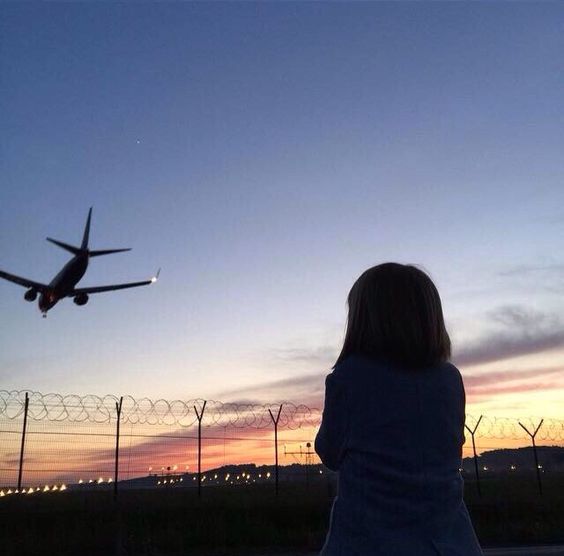
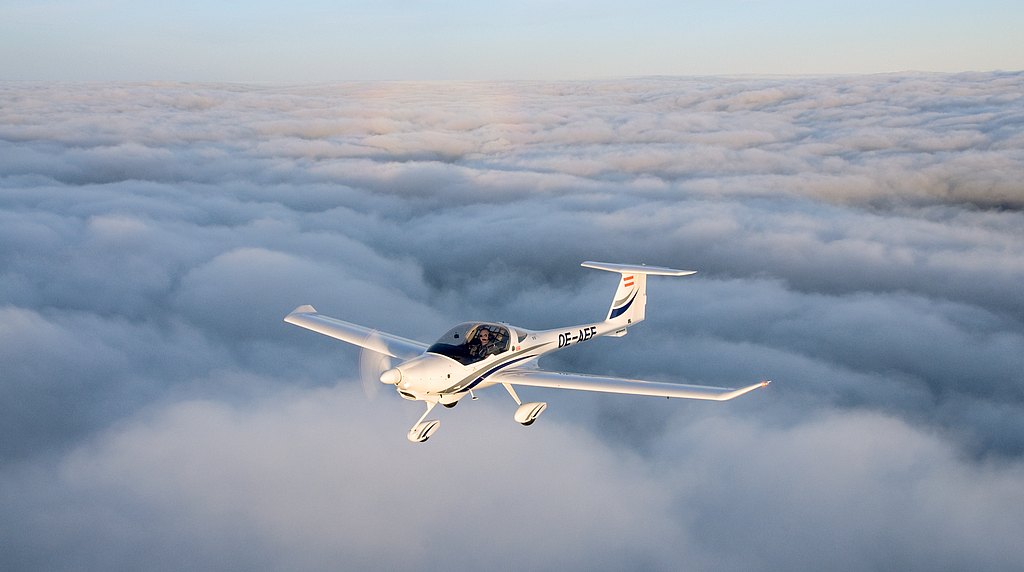

DA 20
– And what is the, would you say, ratio of women pilots to men pilots?
That’s a statistic I could look up, but I want to say that only around 20% of pilots are females.
– Have you faced any challenges as a woman?
You know, I think you don’t see it, but you sometimes hear it. And one of the things that I would hear is someone say something like: “Ah, she’s pretty good… For a woman” or, “for a girl,” they’d say. It’s not typically “woman,” usually, they would say “girl.” It’s never intentional, but it’s there, maybe subliminally. I was never terribly offended by it, I guess, but it’s just like a caveat to my capabilities.
However, it was easy for me to relate to all the other people who got airsick. We all went through that kind of thing together, and of course, the airsickness had nothing to do with the fact that I am a woman. So it kind of gave me another thing to relate to other people and their struggles, and ignore anything that felt like “this is because you’re a woman“.
I had one experience with an instructor while we were flying. I made some kind of a mistake. It wasn’t a perilous mistake or anything, but he, in correcting me, said: “You can’t do that, hun”. I didn’t even process it (what he said). After he sat me down and said, “I have to really apologize. I shouldn’t have called you that while we were flying. And I’m really sorry.” I really felt his apology was genuine, and of course I forgave him. To me this event signified two things: one, the biases are still there, but two, they’re working on it.
I really only noticed people treating me differently because I was a woman, maybe retrospectively. When I was in college, I went through an aviation program and I showed up after one year of college to a new program. So, I was showing up to a group of people that were already gelled. I showed up with that attitude like “I can do anything I put my mind to and I’m going to make it, I don’t care what anybody says”. Like, but, “I’m going to show you all I can do it”. I was what we call “fangs out.” I was unapologetically aggressive about accomplishing this goal. And I showed up to this group of men in college who didn’t really love that, and I gave it 150% of my energy. But they didn’t know me. And I realized retrospectively, you know, that they might’ve balked at that because I was a woman (maybe even if I wasn’t!). Because it was not just that I was new, but maybe it was also because I was a woman.
Genuinely, I ignored any comments about it, but I have heard my share of, “you’re the exception to the rule.” I got excellent grades every semester, and I worked really hard to be there to fit in, and to learn. But I didn’t realize that they would not like my confidence and the impact I would have on their pre-formed social group. I surely didn’t consider that I was breaking some norm as a woman. And I didn’t, at the time… I was so fangs out that I didn’t even notice. And then, I thought about it, you know, 5-6 years later, I could have probably been more graceful about that… But I didn’t owe them that grace. Um, so I’m happy that I was like that then because I don’t know if I could have done it any other way. Someone who is less confident in their capabilities to show up and be the absolute most fearless thing should still be able to have room in the same organization.
– Is there anything specific that made you feel like they did not like you?
I felt very excluded from their social group. Yeah, but there were two other women that showed up at the same time and we ended up very good friends, the three of us. One of them is still my best friend.



– Are there any stereotypes about women pilots in the pilot community?
There’s an image or personality trait, this idea that you have to be “one of the guys” or something like that. I grew up with one brother. I see myself as fitting in with a masculine world, or being able to deal with that, having some characteristics that make me respected by men in my career field. I didn’t grow up playing with dolls, right? I was an outside kid and an athlete.
However, anyone can be a pilot. It is important to make room for people that aren’t so masculine. You have to make room for every type of person. There is some assumption that you as a woman are an exception. This perception is that usually, women aren’t good at driving, flying, navigating, all that. But you are an exception, and by some men’s standards maybe the one and only exception. You know, they will accept you in the field as a female ’cause you’re the exception and that’s just not the truth. Anyone can be good at flying, driving, and navigating all of these things. Like math, right? It’s the same kind of concept in math and science. Anybody can be good at it. You don’t have to be like some macho-masculine woman to be a pilot. The culture should change to accommodate, not change yourself to fit into the masculine culture.
– What about the women’s pilot community? What kind of relationship do you have between women?
I have experienced overwhelming support. Almost every strong female personality that I have met, I have felt some bond. Even if you’re not going to be close friends, you can recognize that there is a bond and mutual support. There may be exceptions to this rule, but I have not yet encountered them.
– Are there any good sides to being a woman pilot?
Absolutely. I love being a role model for young women and girls. And I feel lucky to get to be in a career field where I could have an impact on younger people.
– Have you noticed any changes in the aviation culture regarding gender equality since you started your career?
Yeah, big changes in the right direction for sure. There is a program called Athena. These are women’s empowerment and women’s outreach programs. The prevalence of those programs that are specifically there for diversity and inclusion is growing. And it’s really the right direction. The culture is definitely changing and changing for the better: to be more inclusive, to realize that diversity is a huge advantage. Capitalizing on people’s different backgrounds and including women is a big part of that.
– So, what does women’s empowerment mean to you?
To me, empowering women means to support women and to help them to realize that they can do anything they want. As I got support from my parents. I was really lucky to have parents who said, “Sure, you could be a pilot. That’s a thing you can do. That’s the thing anybody can do.” But I know that that’s not everyone’s experience. And so, empowering women is not about just the interests of the individual. But it is a social change enacted one person at a time.
Women can do it all! There should be no career limitations, no education limitations, no limits to pursuing their dreams. If we have a more balanced workforce, and more women in these “masculine” or male-dominated career fields, then a social change can happen. To make space for everyone, no matter what their objective is in life.
– What advice do you give to young women aspiring to follow in your footsteps?
If you want to pursue something, you can do it. If there is a little girl who plays with Barbies, likes the colour pink, and wants to be a pilot, she can be a pilot. She doesn’t have to have some predefined character traits. You know, the world takes all types. And if you want to be in that career field, if you want to do that job, if you know that you’re passionate about it, then make room for yourself. Take up space. Don’t make yourself small to fit into the community, but rather pursue your passion with the utmost confidence that you can. Do it, because you can.


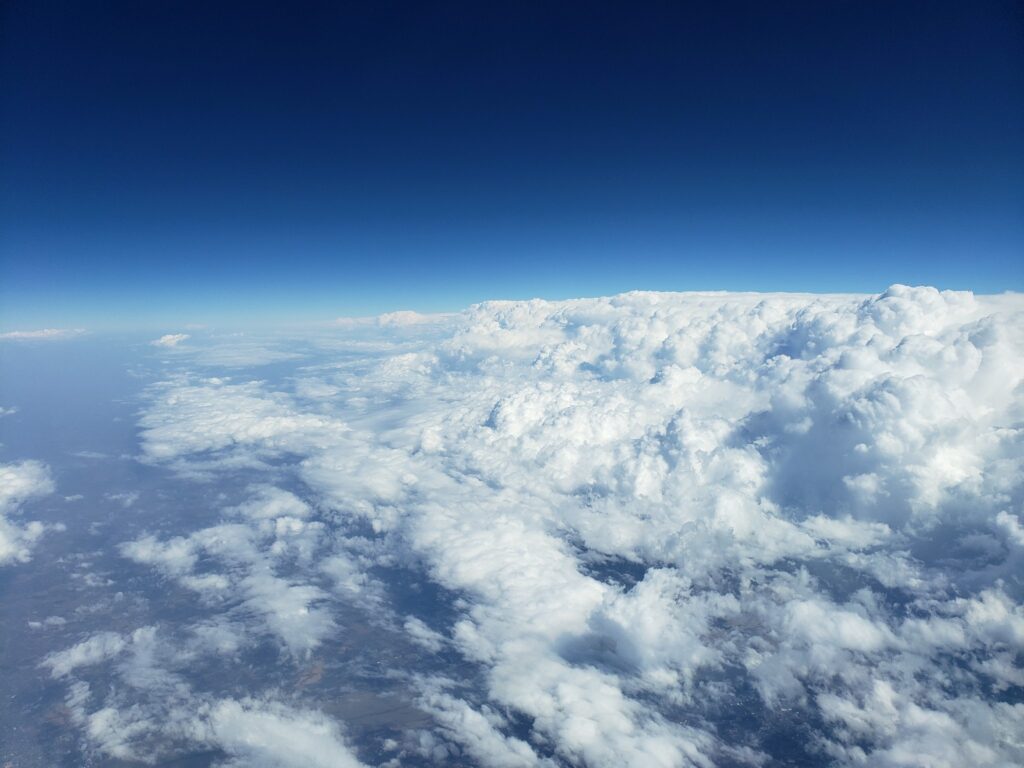
References:
- Diamond Aircraft. (n.d.). DA20 overview. Diamond Aircraft. Retrieved September 22, 2024, from https://www.diamondaircraft.com/en/flight-school-solution/aircraft/da20/overview/
- Pinterest. (n.d.). Hand and a plane in the air. Pinterest. Retrieved September 22, 2024, from https://www.pinterest.com/pin/790944753287811835/
- Pinterest. (n.d.). Little girl and a plane. Pinterest. Retrieved September 22, 2024, from https://ru.pinterest.com/pin/6403624449335344/
- Rawpixel. (n.d.). Motivational speaker with audience, female adult [Photograph]. Rawpixel. Retrieved September 22, 2024, from https://www.rawpixel.com/image/13703208/motivational-speaker-audience-female-adult?utm_source=pinterest
